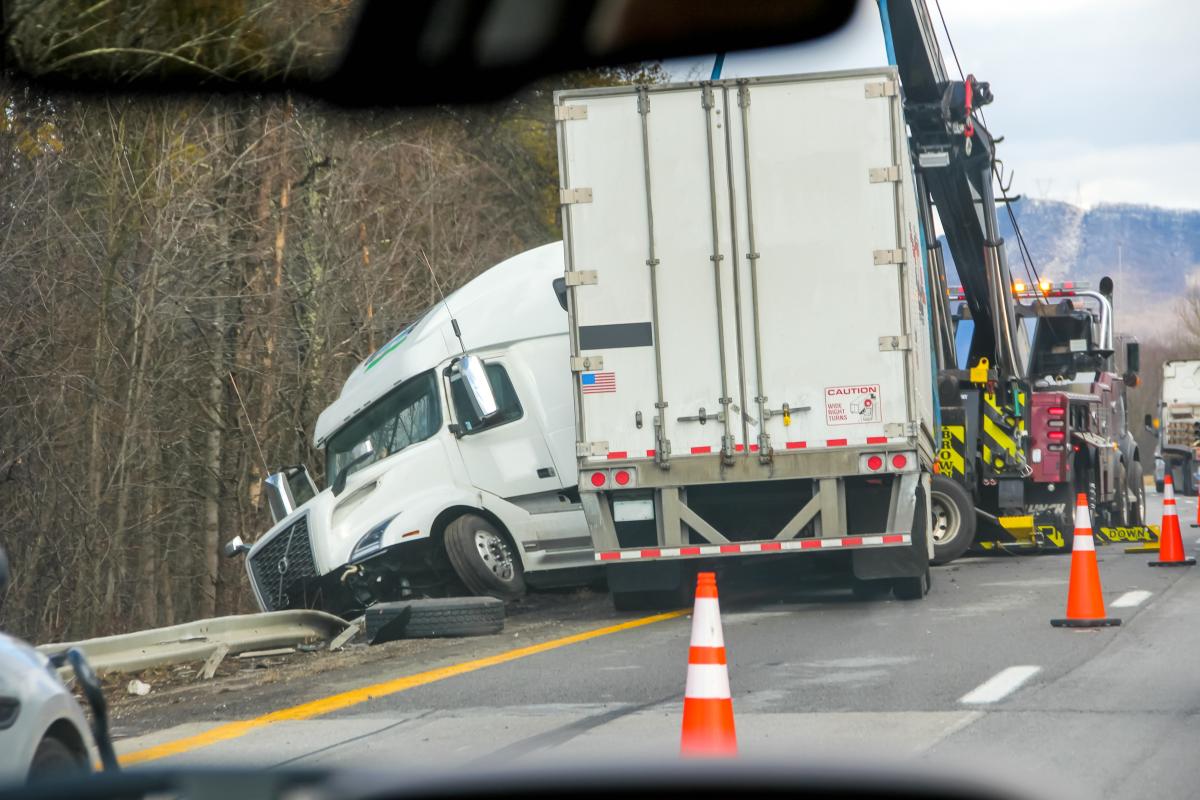
Highway Giants: Understanding Liability in Florida Semi-Truck Accidents
The Startling Reality on Our Roads
You've seen the headlines on the news: "Major Interstate Pileup Involving Semi-Truck Claims Lives," "Family's Car Crushed in Tragic Big Rig Accident on Florida Highway." These stories are heartbreakingly common and bring to light an important aspect of road safety: the implications of semi-truck accidents. Beyond the headlines, there's a web of liability and regulations that come into play, where the role of a personal injury lawyer may need to get involved.
Liability in Truck Accidents
Understanding liability in truck accidents is no simple task. Unlike standard car accidents, multiple parties could be responsible for trucking accidents. It could be the truck driver due to negligence or fatigue, the trucking company for improper maintenance or overloading, manufacturers for defective parts, or even government entities responsible for road maintenance. Such safety measures can be found in FMCSA’s Regulations and Interpretations Part 350: Motor Carrier Safety Assistance Program (MCSAP) and High Priority Program.
The Florida Statutes follow a comparative negligence system, which means that even if you are partially at fault for the accident, you can still recover damages. However, your compensation will be reduced by your percentage of fault. This makes establishing liability not just a black-and-white issue but requires meticulous examination of all factors involved.
Understanding Trucking Regulations
Trucking companies and their drivers must adhere to many regulations by the Federal Motor Carrier Safety Administration (FMCSA). These include limits on driving hours to prevent fatigue, mandatory rest periods, weight limits, and regular maintenance checks. When an accident occurs, a violation of these regulations can significantly impact the determination of liability.
For example, if a truck driver was found to have exceeded the FMCSA hours-of-service limits at the time of the accident, this could be a decisive factor in proving negligence. Uncovering such violations, however, requires a thorough investigation and understanding of trucking logs and industry practices.
How Can a Personal Injury Lawyer Help?
Navigating the aftermath of a truck accident can be stressful for victims and their families. This is where an experienced personal injury lawyer steps in.
- Investigating the Accident: Gathering evidence like trucking logs, maintenance records, and black box data can help to build a strong case.
- Identifying All Liable Parties: A personal injury lawyer helps pinpoint all parties that could be held responsible, which is important to discern for a comprehensive claim.
- Negotiating with Insurance Companies: Trucking companies often have powerful insurance coverage, so dealing with their insurers can be challenging. A skilled lawyer can negotiate to ensure that you receive fair compensation.
- Representing in Court: If a settlement cannot be reached, a personal injury lawyer will be prepared to take your case to court, advocating for your rights and deserved compensation.
In the wake of a truck accident, seek help. While the road to recovery can be daunting, having a knowledgeable personal injury lawyer can make all the difference in navigating these complex legal waters and steering your case toward a just outcome. If you or someone you know has suffered an injury from a trucking accident, contact us at office@carrilloinjurylaw.com or 352.371.4000 for a free consultation.
Sources
https://www.ecfr.gov/current/title-49/subtitle-B/chapter-III/subchapter-B/part-350
http://www.leg.state.fl.us/statutes/index.cfm?App_mode=Display_Statute&URL=0700-0799/0768/Sections/0768.81.html
https://www.fmcsa.dot.gov
- Log in to post comments